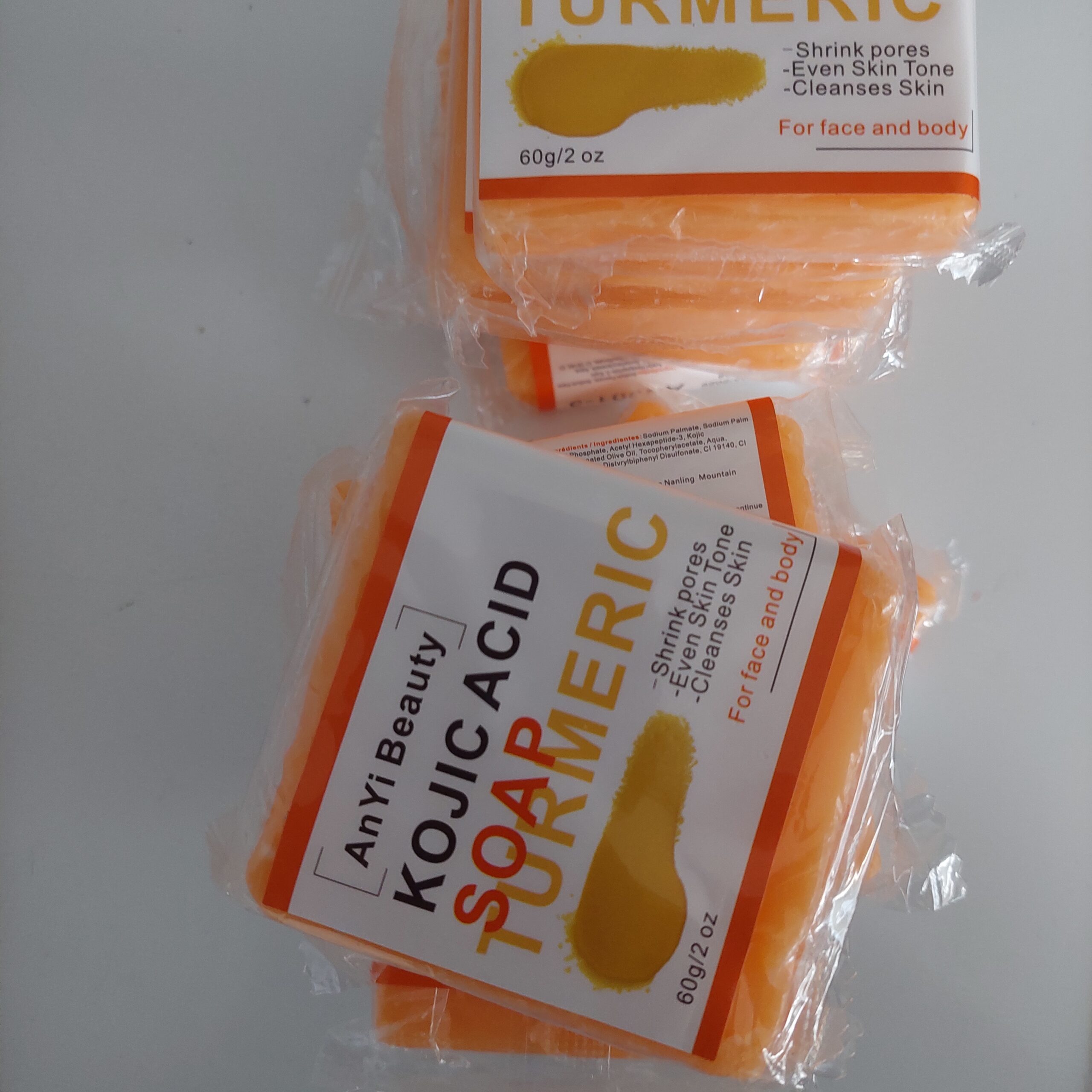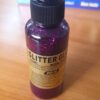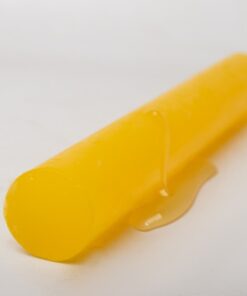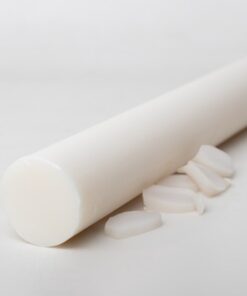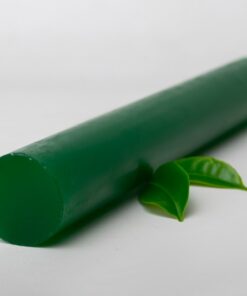Kojic Acid & Turmeric Soap – 60g Bar
R79,20 Original price was: R79,20.R65,00Current price is: R65,00.
Kojic Acid & Turmeric Soap – 60g Bar – Kojic acid and turmeric are both natural ingredients that have been used in skincare for their potential benefits.
5 in stock
Kojic Acid & Turmeric Soap – 60g Bar
Brightening, Anti-Inflammatory & Acne-Control Benefits for Healthy Skin
Kojic acid and turmeric, both natural skincare powerhouses, offer a range of benefits when combined in a soap. This 60g bar is designed to help brighten the skin, reduce hyperpigmentation, and provide soothing relief to irritated skin.
Key Benefits
- Skin Brightening: Kojic acid is renowned for its ability to lighten dark spots, hyperpigmentation, and uneven skin tone, while turmeric enhances this effect for a healthy, radiant glow.
- Hyperpigmentation Treatment: Both ingredients work together to lighten areas of hyperpigmentation such as sun spots, age spots, and melasma, promoting a more even skin tone.
- Anti-Inflammatory: Turmeric’s natural anti-inflammatory properties help calm irritation, redness, and swelling, making it ideal for those with acne, eczema, or sensitive skin.
- Antioxidant Protection: Rich in antioxidants, both kojic acid and turmeric help shield the skin from free radical damage, reducing the appearance of fine lines and wrinkles.
- Acne Control: Turmeric’s antibacterial properties help control acne breakouts, while both ingredients can reduce acne scars and blemishes.
- Exfoliation: Some formulations contain gentle exfoliants to remove dead skin cells, revealing smoother and more radiant skin.
- Moisturizing: Formulated with glycerin or oils, this soap hydrates the skin and prevents dryness.
How to Use
- For daily use: Lather the soap onto damp skin, massaging gently in circular motions. Rinse thoroughly and follow with moisturizer.
- For hyperpigmentation or acne scars: Use consistently to gradually lighten dark spots and prevent new breakouts.
- Patch test recommended: Always perform a patch test before using any new skincare product, especially if you have sensitive skin.
Why Choose Kojic Acid & Turmeric Soap?
- Brightens and evens out skin tone with natural ingredients.
- Anti-inflammatory and soothing for irritated skin.
- Rich in antioxidants to protect skin from premature aging.
- Helps control acne and reduce blemishes for clearer skin.
- Moisturizes and nourishes skin, preventing dryness.
Kojic Acid & Turmeric Soap is a natural solution to brighten your complexion, soothe irritated skin, and fight acne breakouts. Experience the glow and smoothness of your skin with this powerful, gentle formula.
| Weight | 0,060 kg |
|---|---|
| Dimensions | 7 × 7 cm |
Related products
Glycerine Melt and Pour Soap

